To provide the best experiences, we use technologies like cookies to store and/or access device information. Consenting to these technologies will allow us to process data such as browsing behaviour or unique IDs on this site. Not consenting or withdrawing consent, may adversely affect certain features and functions.
The technical storage or access is strictly necessary for the legitimate purpose of enabling the use of a specific service explicitly requested by the subscriber or user, or for the sole purpose of carrying out the transmission of a communication over an electronic communications network.
The technical storage or access is necessary for the legitimate purpose of storing preferences that are not requested by the subscriber or user.
The technical storage or access that is used exclusively for statistical purposes.
The technical storage or access that is used exclusively for anonymous statistical purposes. Without a subpoena, voluntary compliance on the part of your Internet Service Provider, or additional records from a third party, information stored or retrieved for this purpose alone cannot usually be used to identify you.
The technical storage or access is required to create user profiles to send advertising, or to track the user on a website or across several websites for similar marketing purposes.
 A new report from the charity and lobbying group the Centre for Ageing Better has called for employers to be more age-friendly and inclusive of those over 50, including doing more to tackle age discrimination in the workplace. According to the study, significant numbers of older workers feel they are being discriminated against at work because of their age, including believing they have been turned down for jobs (9 percent) and being offered fewer opportunities for training and progression (32 percent).
A new report from the charity and lobbying group the Centre for Ageing Better has called for employers to be more age-friendly and inclusive of those over 50, including doing more to tackle age discrimination in the workplace. According to the study, significant numbers of older workers feel they are being discriminated against at work because of their age, including believing they have been turned down for jobs (9 percent) and being offered fewer opportunities for training and progression (32 percent).






 The new corporate governance code that comes into play early next year includes directives on how companies engage with their staff, but it is a voluntary code which will allow businesses to opt out if they wish. Now a new report suggests there is currently is a high level of mistrust towards senior UK managers, with just 16 percent trusting this group, according to the study. This is despite the fact that according to the research, carried out by Virtual College the majority (95 percent) of senior managers in UK businesses believe that their employees trust them. Employees rated their trust in different roles in the following order; co-workers – 57 percent, managers – 45 percent, team members – 42 percent and senior management – 16 percent. Trust in senior management was found to be considerably lower than trust in other positions such as middle management. The sectors that trusted senior management the least included; utilities (3 percent), legal (8 percent) and government services (8.7 percent).
The new corporate governance code that comes into play early next year includes directives on how companies engage with their staff, but it is a voluntary code which will allow businesses to opt out if they wish. Now a new report suggests there is currently is a high level of mistrust towards senior UK managers, with just 16 percent trusting this group, according to the study. This is despite the fact that according to the research, carried out by Virtual College the majority (95 percent) of senior managers in UK businesses believe that their employees trust them. Employees rated their trust in different roles in the following order; co-workers – 57 percent, managers – 45 percent, team members – 42 percent and senior management – 16 percent. Trust in senior management was found to be considerably lower than trust in other positions such as middle management. The sectors that trusted senior management the least included; utilities (3 percent), legal (8 percent) and government services (8.7 percent).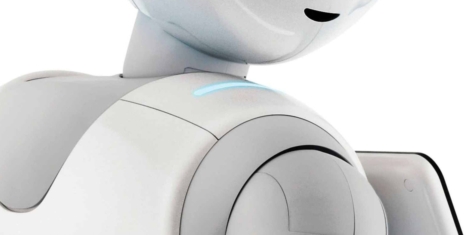







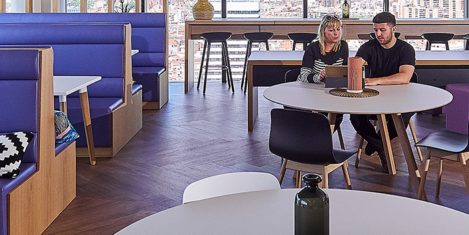
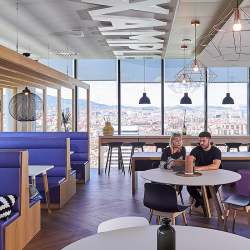
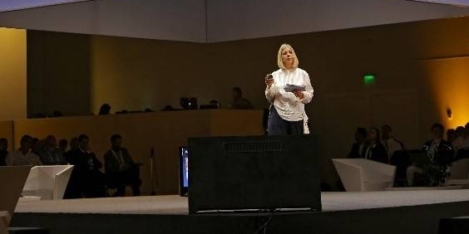



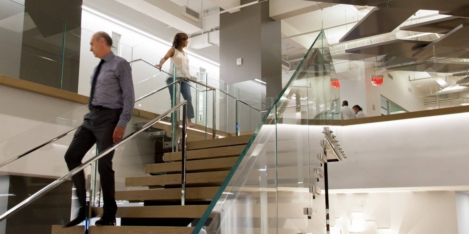
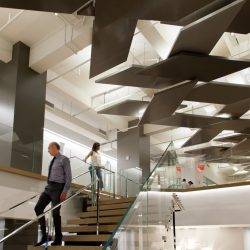










August 21, 2018
How do you make your company culture work for everyone?
by Jonathan Richards • Comment, Workplace
(more…)